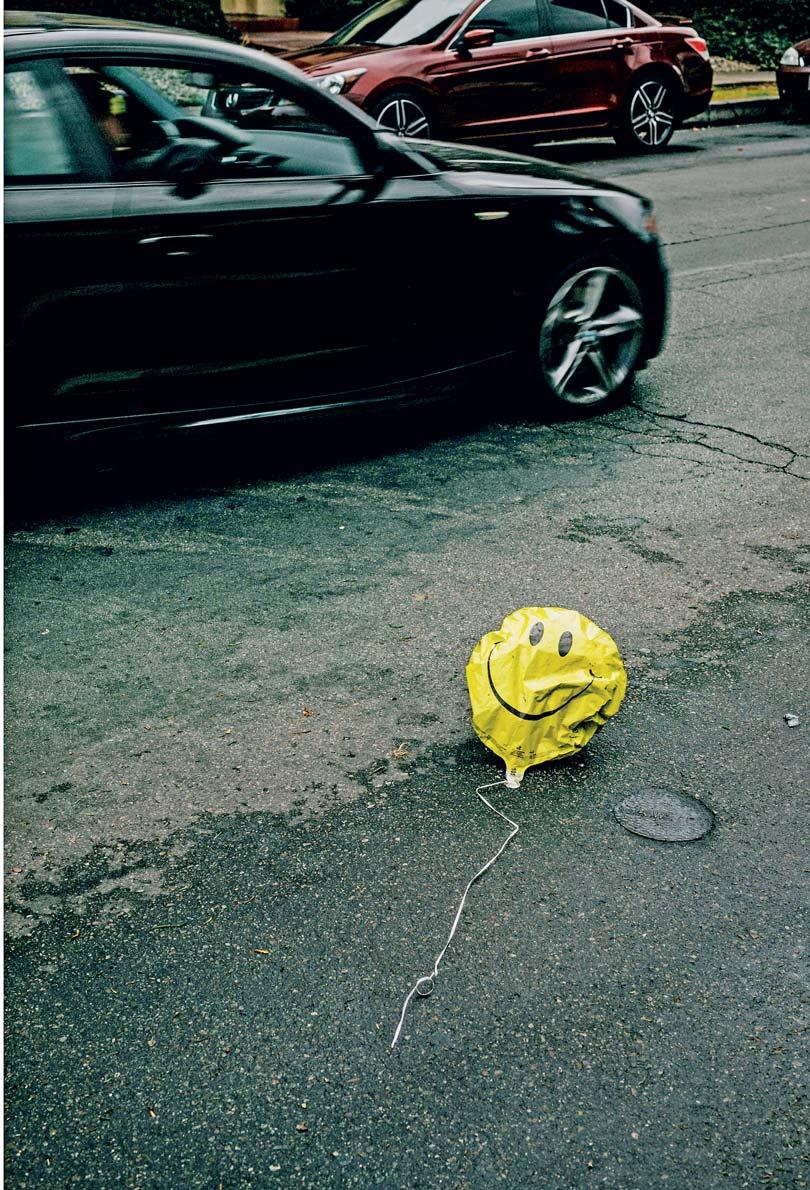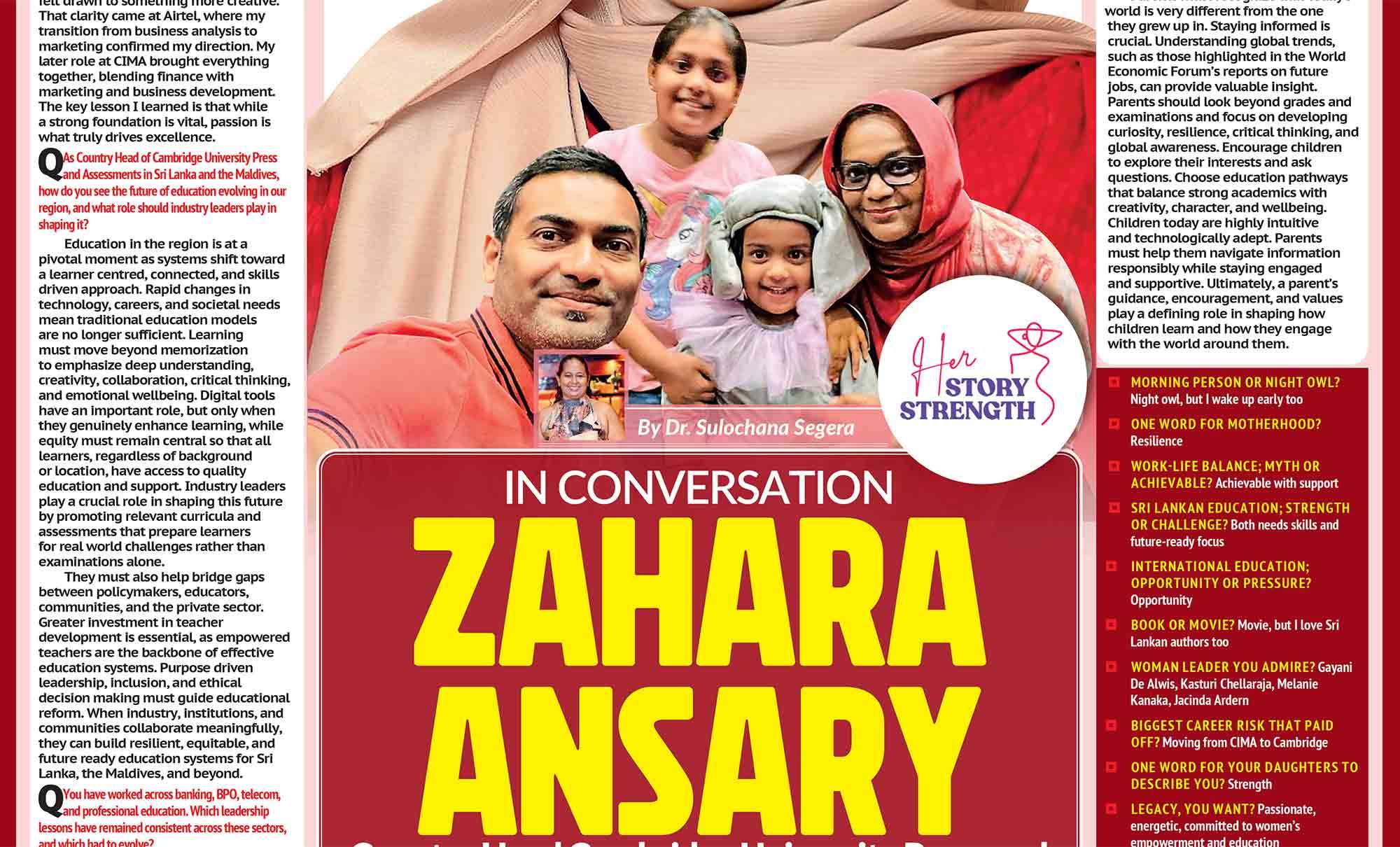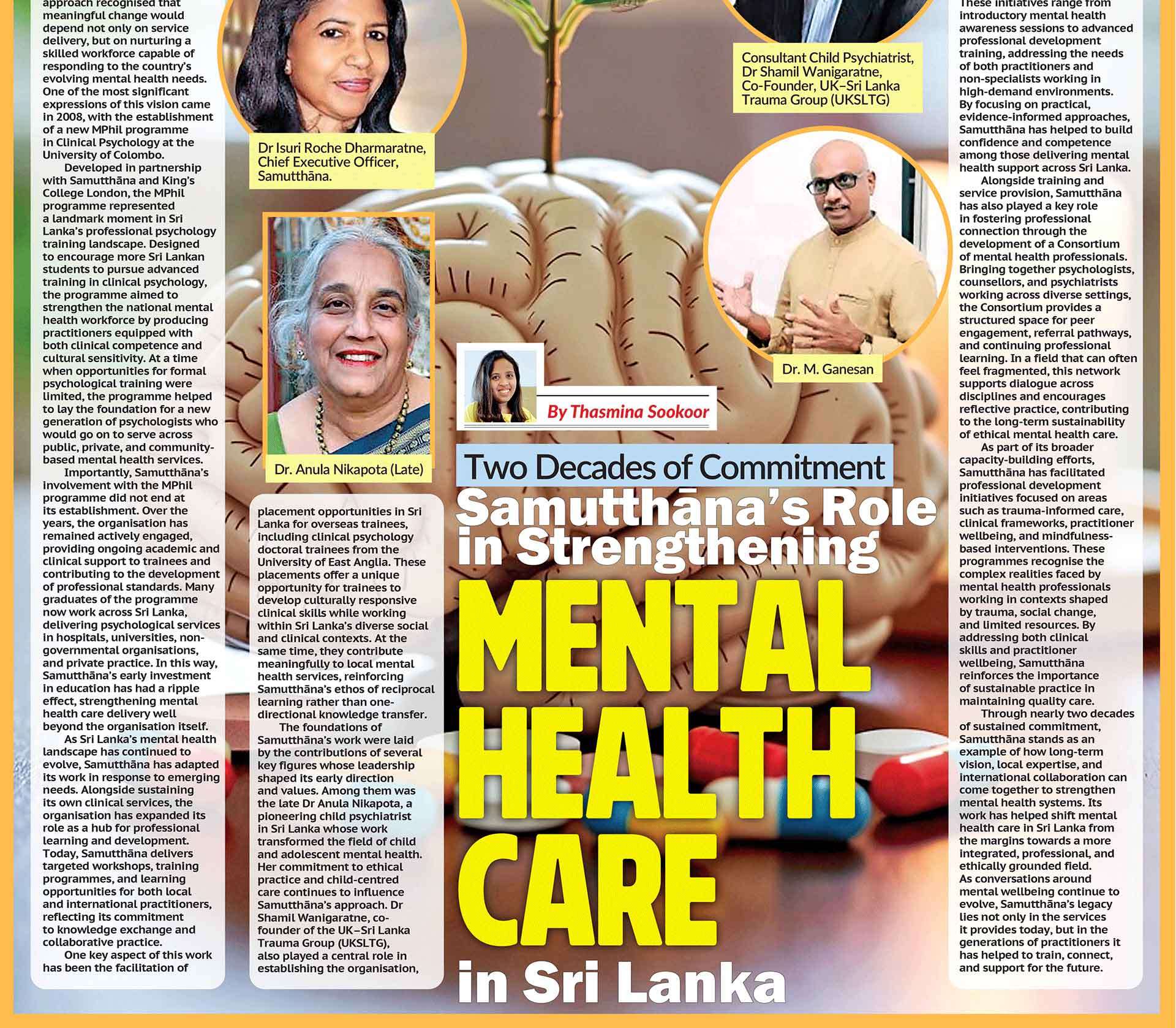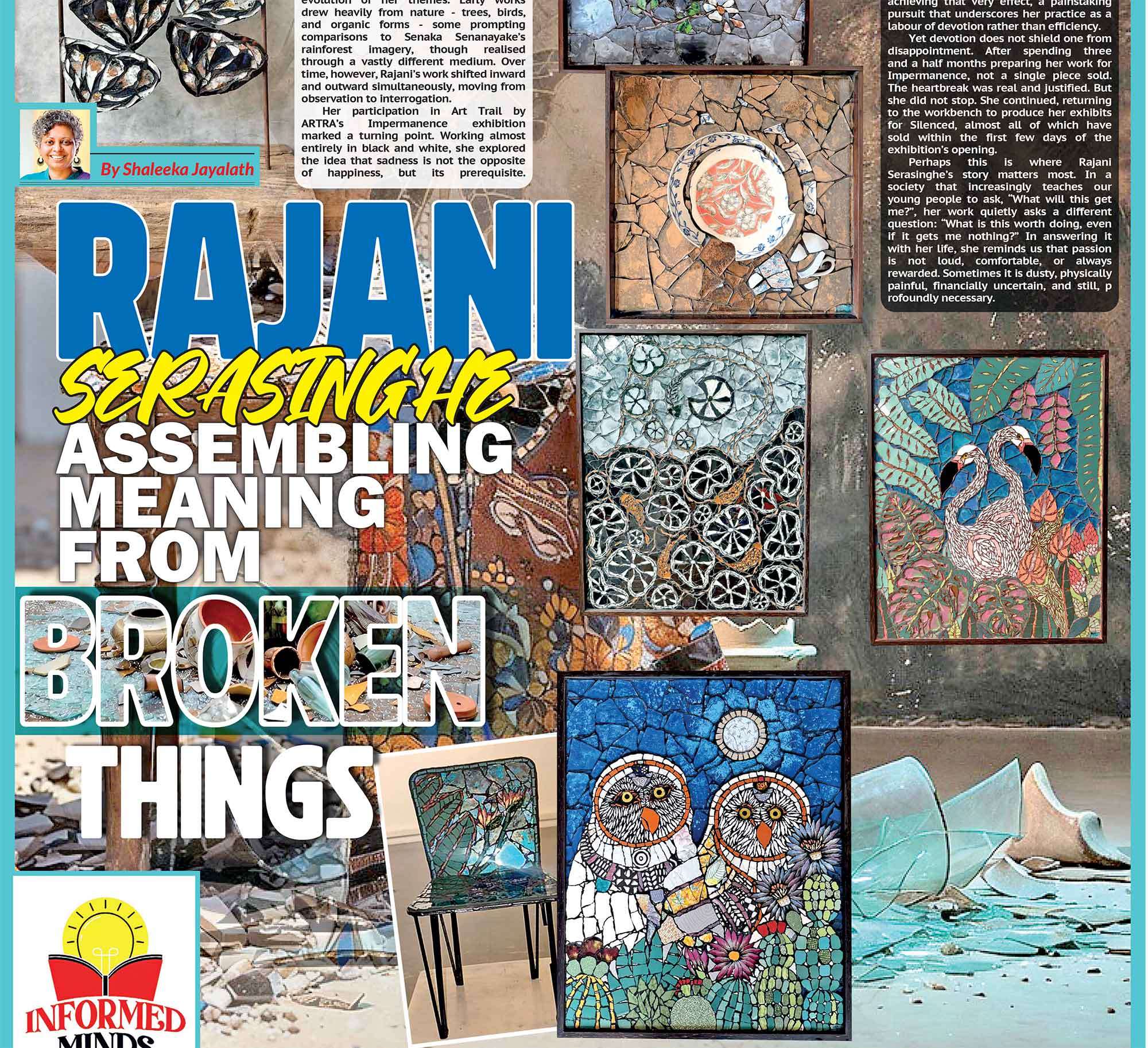


Experiencing difficult emotions is not a personal failing. It does not make us weak, nor is it something to be ashamed about. Baseless optimism is in fact, dangerous as it downplays the gravity of certain hardships that we face
It is important to understand that all of our emotions have a purpose. For example, anger signals a violation of our boundaries, fear tells us that we are in danger and sadness tells us that we have unmet needs

We all know how frustrating it is to hear something along the lines of “Just be happy!” when we are having a bad day. This is because we recognize that our difficult feelings are being dismissed in favour of pretending that nothing is wrong, and we feel invalidated and hurt. When positive thinking is prescribed as a panacea for any feelings of unease, it can lead to guilt, resentment and isolation.
In an ideal world, we would never experience negative emotions. Unfortunately, the world we live in is not always such. We all come upon hard times, and in these moments’ feelings like anger, sadness, fear and disappointment are normal and even appropriate. Pretending as if they do not exist does not make them go away, it only suppresses them temporarily. Over time, the buildup of unprocessed emotions can put us at a higher risk of developing mental health disorders such as depression and anxiety, increase stress levels and strain relationships, and even lead to physical complications such as cardiovascular disease.
Experiencing difficult emotions is not a personal failing. It does not make us weak, nor is it something to be ashamed about. Baseless optimism is in fact, dangerous as it downplays the gravity of certain hardships that we face. For example, a study conducted in 2020 found that individuals who prioritized positivity above other emotions were more likely to stay in abusive relationships as they underestimated their severity. Similarly, constantly pushing a happy narrative on an individual experiencing grief may result in them feeling as if other people do not care about their loss. These narrative compounds the already isolating nature of grief by making the griever feel as if they are burdening other people by being unable to put on a brave face.
Promoting an overly optimistic outlook on life can also result in a reduction in help-seeking behaviors. Individuals who struggle with their wellbeing may feel ashamed to admit that they are not okay and that they need professional care, resulting in worsening symptoms. This internalized feeling of shame can translate into low self-esteem and related difficulties.
It is important to understand that all of our emotions have a purpose. For example, anger signals a violation of our boundaries, fear tells us that we are in danger and sadness tells us that we have unmet needs. By taking the time to process these emotions as they occur, we are able to recognize and reduce the impact of our triggers and be more self-aware. We are also able to practice self-compassion, communicate more effectively and build the necessary coping mechanisms.
So, what can we do to avoid toxic positivity?
- Remind ourselves that it is okay to not always be in good spirits. Being happy all the time is simply not realistic and denying that our negative emotions exist prevents us from making beneficial changes to our lifestyles. Emotions can be mixed and complicated and that is normal.
- Listen actively when people confide in you. Don’t immediately look for silver linings or offer solutions unless this is something that they indicate that they want. Instead, offer empathy and a safe space to be heard, as well as support that is mindful and intentional.
- Prioritize wellbeing. Encourage yourself and those around you to take the time to rest and recover after a hard day. There is no shame in admitting to being overwhelmed, and in fact, acting on these feelings early prevents them from becoming worse.
- If you or your loved ones are unable to find balanced, validating support in your current environment, seek professional mental health support.
True emotional wellbeing isn’t about never having bad days. It is about finding that happy middle ground where you are able to acknowledge and process hard feelings without judgement or resentment, whilst also having the coping mechanisms in place to be able to overcome them. A healthier world awaits us the moment we start giving each other the space to feel without apology!











